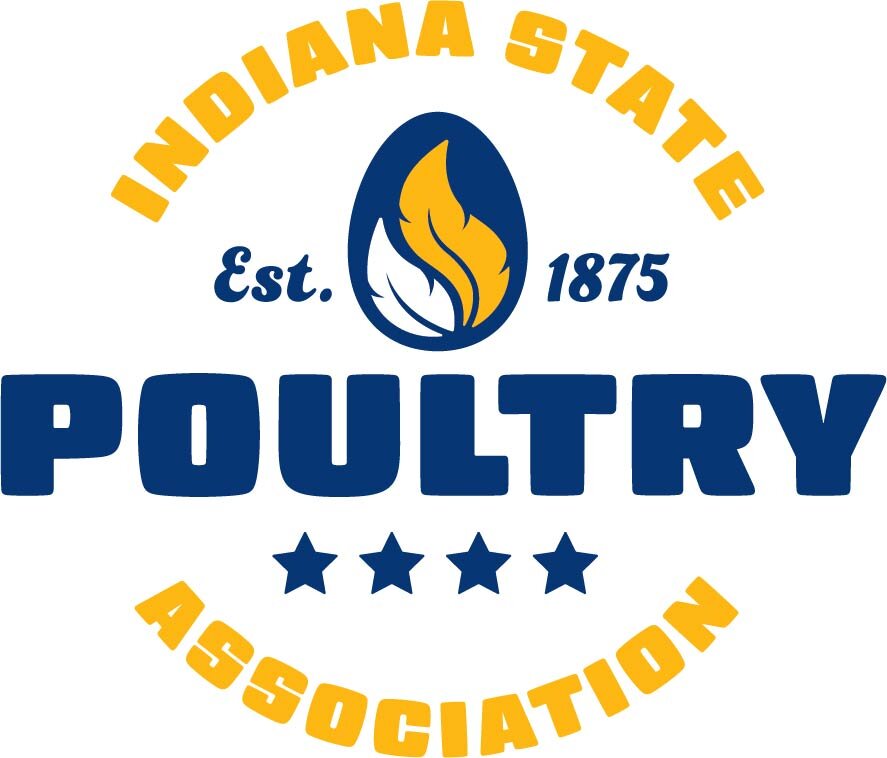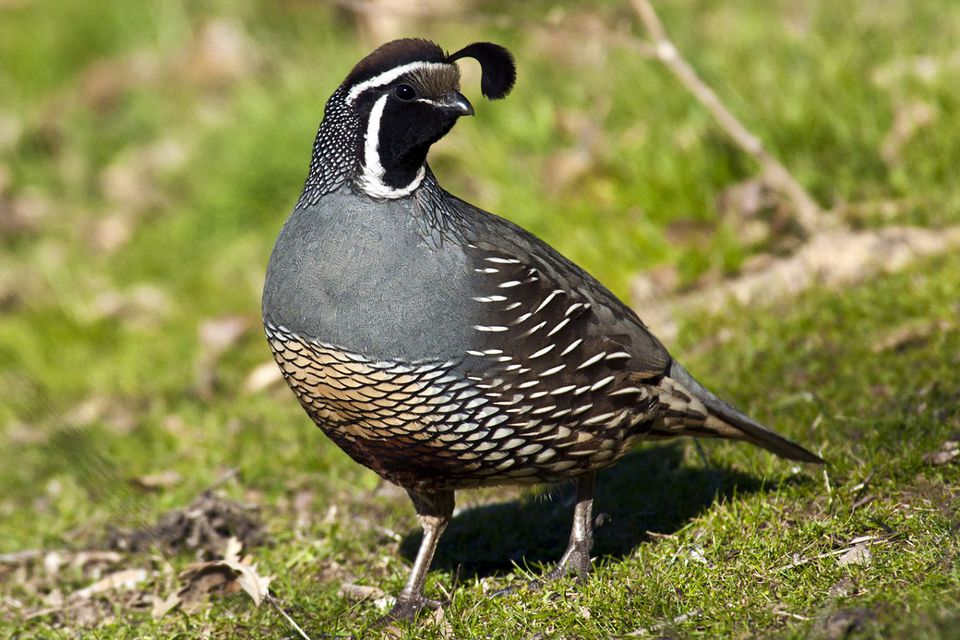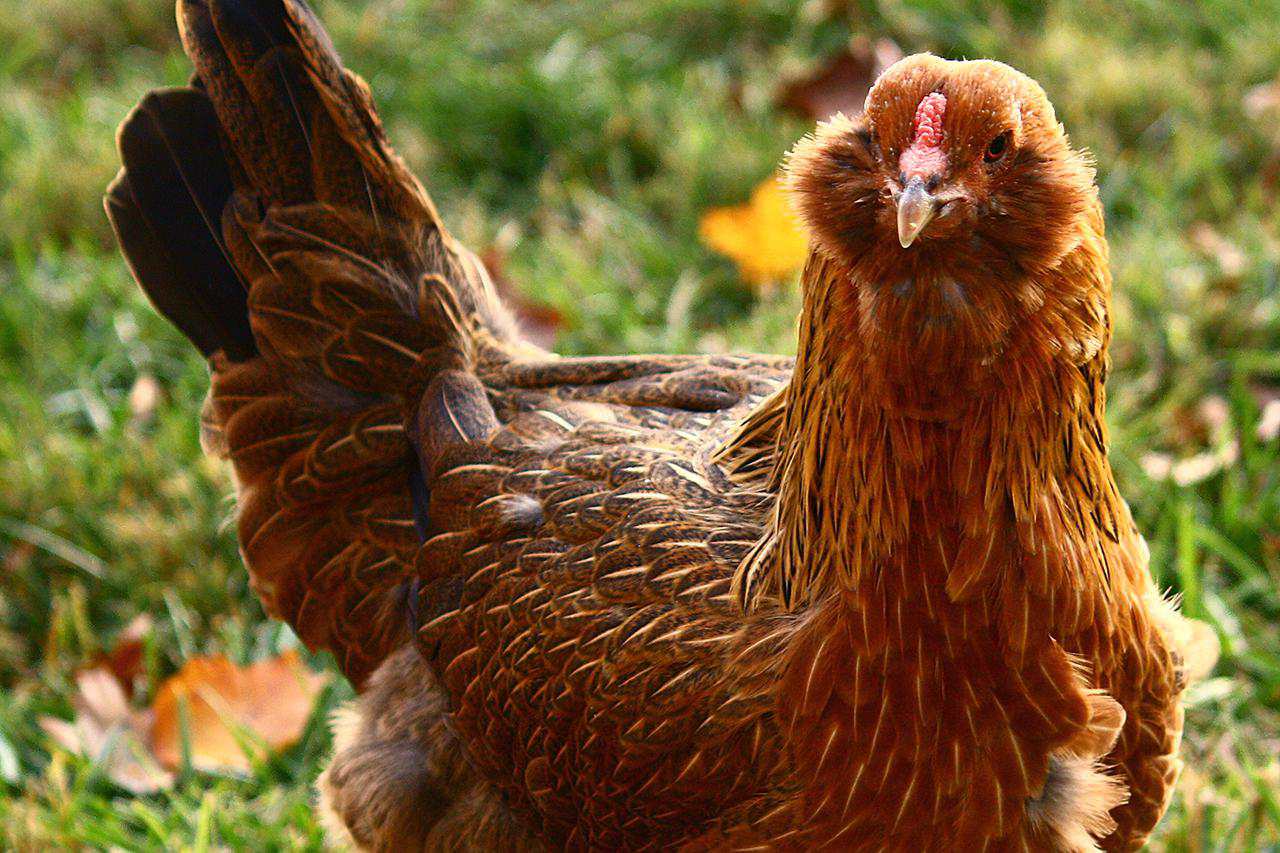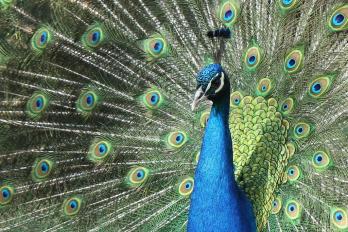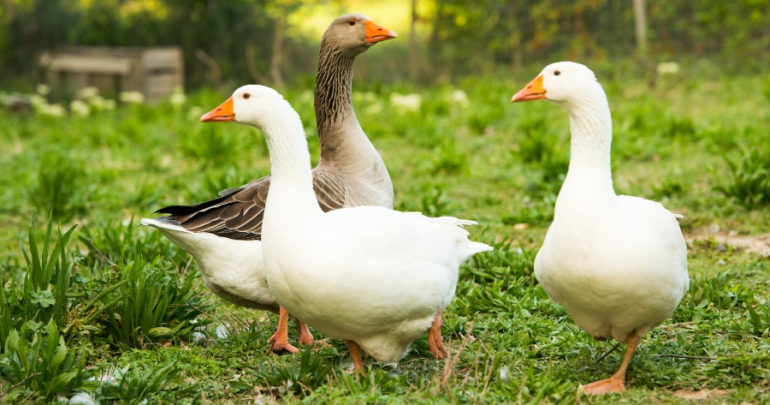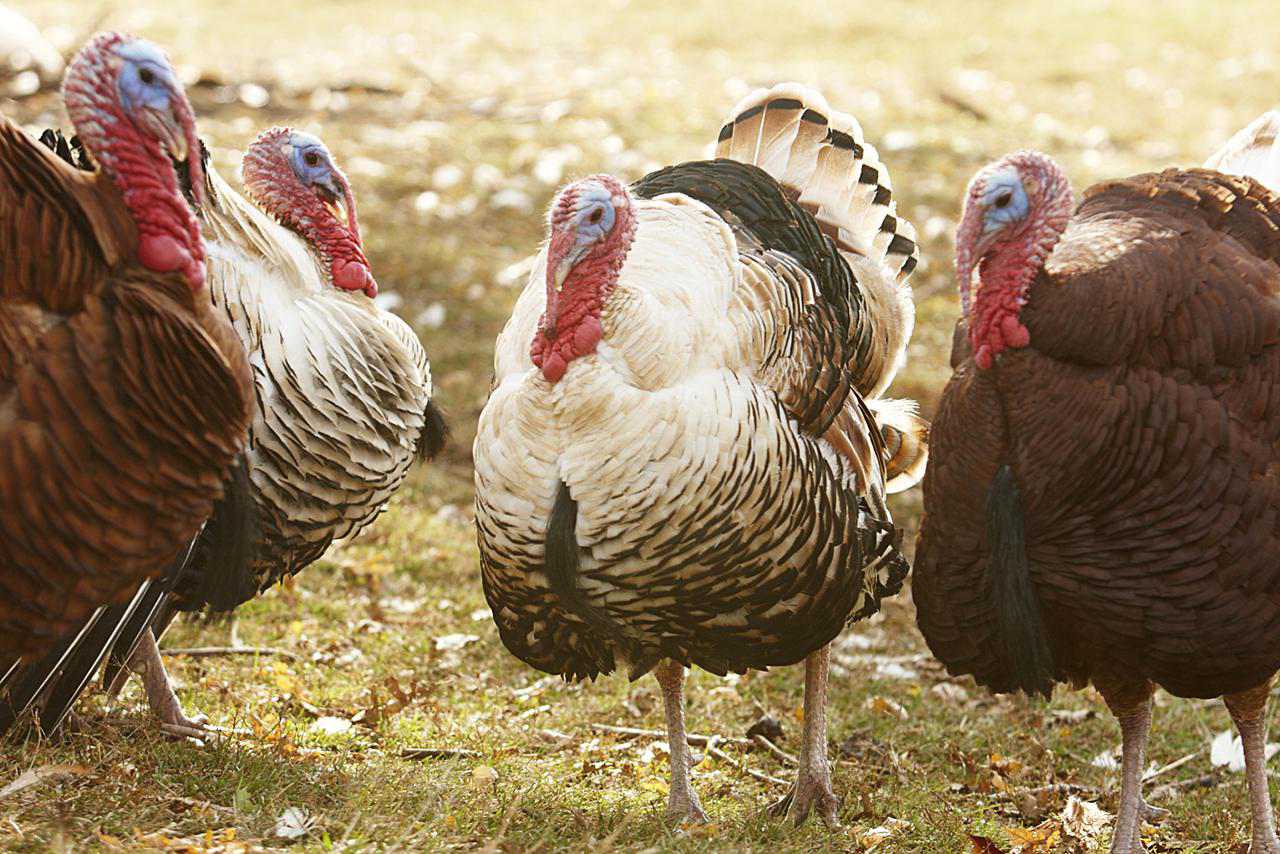WHY RAISE UPLAND GAME BIRDS?
Upland game birds raised on farms include quail, pheasant, partridge, wild turkey, woodcock, and grouse. These birds require different raising and housing techniques than other forms of poultry. Included in this publication are tips to help raise healthy game birds. Check with local ordinances about regulations of raising game birds before you start your own flock.
Brooding
Provide a clean brooding area for the incoming chicks. The area should be located in a quiet and safe location where the chicks will not be frequently disturbed. Bedding can consist of chopped straw, wood shaving (soft shaving preferred) or ground corn cobs. Using flat paper bedding like newspaper may help the first few days to prevent the young chicks from eating the bedding. Provide chicks with a heat source, either a radiant propane brooder or an electric heat lamp. The feeders and waterers should be easily accessible yet not too large so that the chicks fall into them. Once chicks arrive, maintain temperatures at about 95 degrees Fahrenheit underneath the heat source during the first week. Gradually decrease heat by 5 degrees each week. Pheasants require slightly lower temperatures.
Housing
Smaller birds such as quail and chukars can be raised in wire pens. Allow about one square foot per bird in these cages. Outdoor pens are suggested for larger game birds.
Local ordinances may have specific regulations about outdoor pens for upland game birds. In general, the pens should be fully enclosed and include a fenced-in run to protect against predators and keep birds from escaping. It is also necessary to keep wild birds from entering the enclosure and potentially spreading disease. Game birds startle easily. Therefore, it is important to keep birds away from other animals or loud noises that may cause stress. An exterior barrier outside the enclosure is recommended to keep predators from approaching the pen and causing distress. Pens should include vegetation to provide shelter and areas to roost. This will also provide supplemental food in the form of leaves, fruits, or insects and encourage foraging behavior.
Feed
During the first 6 weeks, chicks should be fed a game bird starter, this normally consists of about 30% protein (chicken starter is not suitable for game bird chicks). After 6 weeks maintain a 20% protein grower feed. Once birds are mature they can be placed on a 18% protein game bird feed. (Layer feed). Depending on the breed, supplemental feed may be necessary.
Keeping Birds Healthy
The Indiana State Poultry Association offers free health tests for Indiana game bird flocks. This flock test screens for Avian Influenza and participants will receive complementary biosecurity supplies and information. To request an Upland Game Bird flock test, please contact the Indiana State Poultry Association at ispa@purdue.edu
Raising Game Birds - License Requirements
If you acquire a live game bird (ring-necked pheasant or bobwhite quail, including their subspecies and color phases), or purchase a live game bird, you must apply for a game breeder's license with the Indiana Department of Natural Resources (DNR) within five (5) days. A game bird possessed under a game breeder's license issued by the DNR may be released or sold for food purposes, breeding purposes, or for release. A person who buys a game bird from an out-of-state breeder (licensed game breeders, only) must be able to show legal proof of out-of-state origin for all game birds possessed, including both a receipt and health certificate.
The DNR may issue to a resident of Indiana, upon the payment of a fee of fifteen dollars ($15), a license to propagate in captivity; and possess, buy or sell for this purpose only; game birds, game mammals, or furbearing mammals protected by Indiana law. The license must be renewed annually. There is no minimum age requirement for an application for a game breeder's license, so although the application asks for a driver's license number, it is not required. The license holder is the one responsible for the record-keeping and other requirements of the law, however, so it may be best to have the parents sign the application form as well. Note: you may not raise wild turkeys or ruffed grouse.
Notes:
Each game bird must be lawfully acquired. A receipted invoice, bill of lading, or other satisfactory evidence of lawful acquisition (copy of a valid game breeder license or valid dated receipt that establishes lawful acquisition or ownership) shall be presented for inspection upon the request of a conservation officer and must accompany any transportation of game birds.
Birds (and eggs) imported into Indiana require a certificate of veterinary inspection (health certificate) from an accredited veterinarian in the state of origin before the game bird is shipped into Indiana.
Each cage or enclosure will be inspected by a conservation officer before a license may be issued.
The game bird must be confined in a case or other enclosure that makes escape of the game bird unlikely and prevents the entrance of free-roaming game birds of the same species.
Each game bird shall be handled, housed, and transported in a sanitary and humane manner.
Bobwhite quail and ring-necked pheasants may be released into the wild on land in which you have permission.
A known diseased game bird may not be released and shall not be sold.
A license holder is required to keep accurate records of purchases, sales, names and addresses (buyer and seller), and number and species of game birds sold for at least two (2) years after the transaction.
The license holder shall provide an annual report to the division by February 15. The annual report shall include, for each species possessed, the following information: number bought, number sold, number born, number traded, number gifted, number released, number of deaths, and number on hand.
A conservation officer may enter the premises of the license holder at all resaonable hours to inspect those premises and any records relative to the license.
See the full statute for additional information and regulations.
CLICK HERE to Download the Application for Game Breeders License. It must be submitted to the IN Department of Natural Resources.
For more information on Indiana DNR Permits & Commercial Licenses visit the Indiana DNR HERE.
Game Bird Links and Resources
Raising Game Birds - While this is an older document, it contains many valuable tips and information about the care of a wide variety of birds from wild turkeys to pheasants and more!
Raising Game Birds (II) - Another UC Davis document about raising game birds -- very comprehensive!
Game Bird Marketing - This web site gives a variety of links for information, marketing, processing & production of game birds.
Footbaths for Animal Facilities: Easier Than You Think! - A great article about the use of footbaths as biosecurity measures in facilities keeping poultry!
Raising Chukar Partridges - A thorough introduction to raising these particular game birds from the University of California Cooperative Extension program
Raising and Propagating Japanese Quail - Another great document from the UC Davis document collection
